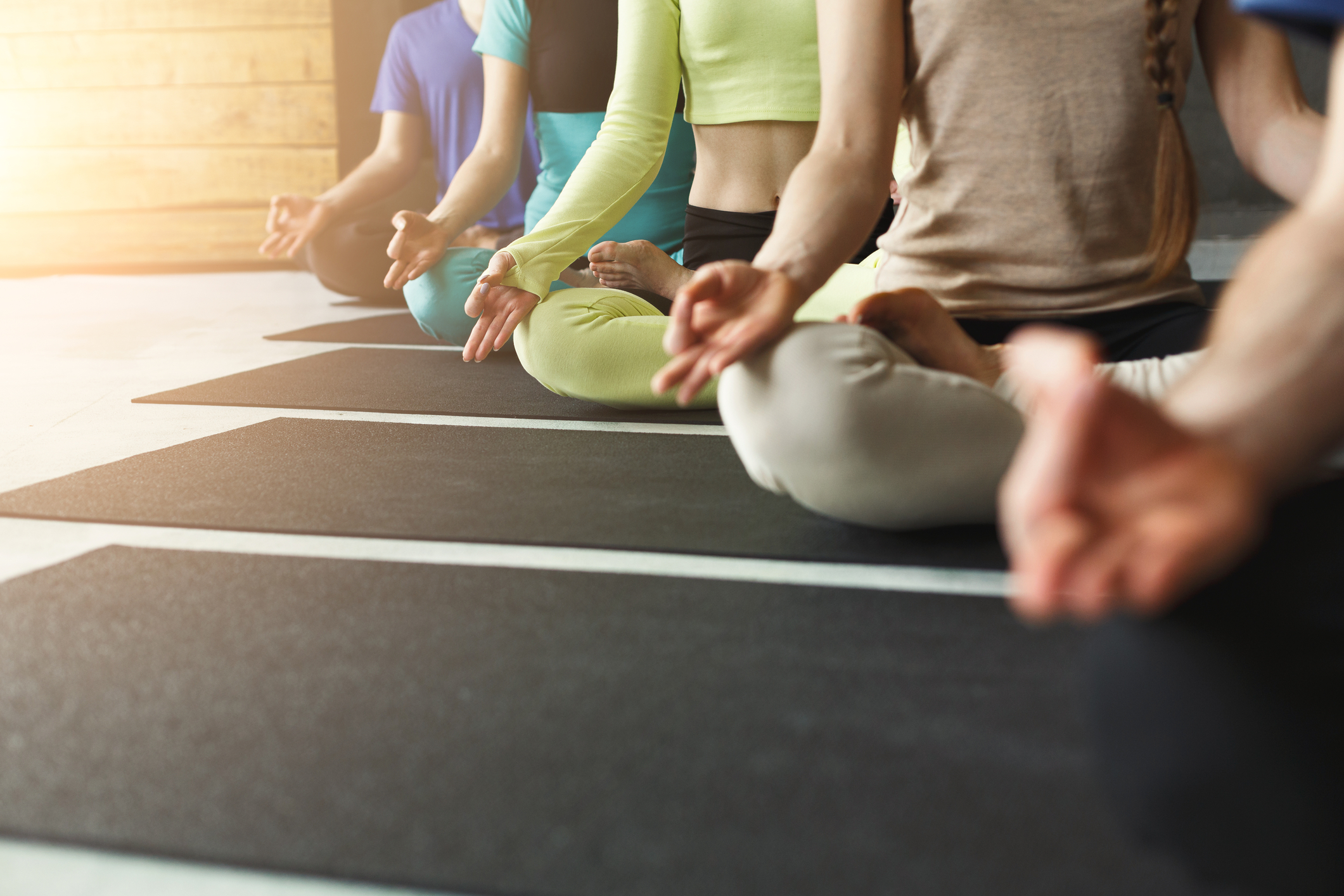Five Innovative Strategies to Maintain Fitness and Vitality in Your 60s Without Missing a Beat
As we journey into our 60s, it becomes even more essential to maintain our physical strength and mobility. Strength training is one strategy that can prove highly beneficial at this stage. Even though the term may bring images of heavy dumbbells and strenuous gym sessions, that doesn't need to be the case. Strength training can be accomplished through various lower-impact activities like water aerobics, resistance bands, or the use of lightweight dumbbells. It assists in maintaining muscle mass that ordinarily dwindles with age, thus helping to promote balance and reduce the risk of falls.
Adopt a Balanced Diet

Along with regular exercise, the role of a balanced, nutrient-laden diet cannot be understated. Emphasizing fruits, vegetables, lean proteins, and whole grains can bolster your immune system as well as provide the needed energy to stay active. Additionally, adequate hydration is fundamental as the sensation of thirst often diminishes with age. Not only does a well-balanced diet significantly affect your physical health, but it also has profound implications for cognitive function, which can fortify your vitality well into your later years. This strategy goes hand-in-hand with the first, supplying the necessary fuel to power your strength training regimen.
Prioritize Mental Fitness

The correlation between physical fitness and mental alertness is steadily gaining recognition. To sustain vitality into your 60s, mental fitness must be just as prioritized as physical health. Delving into activities that challenge the mind such as puzzles, reading, or learning a new skill can augment cognitive agility and memory. Adding social interaction to these activities, such as joining a book club or participating in cooperative gaming, can offer additional emotional benefits.
Consistent Sleep Cycle

A consistent and high-quality sleep schedule is foundational to maintaining overall health. As we age, our sleep cycles often get affected, leading to less restorative sleep. Prioritizing 7-9 hours of peaceful sleep can stimulate the body's healing process, ensure mental alertness, and boost your mood – all critical factors in upholding vitality. Sleep fits into the strategies seamlessly, facilitating muscle recovery after strength training, aiding the body in nutrient absorption from balanced diets, and enhancing cognitive capability.
Regular Health Check-ups, Screening, and Vaccinations

In your 60s, your body becomes more susceptible to certain health conditions. Regular check-ups and screenings can catch potential issues early, making them easier to address and manage. Also, keeping up-to-date with recommended vaccinations can protect against preventable diseases. This strategy, while not directly related to fitness, helps identify potential roadblocks and ensures your body is in prime condition to benefit from your other approaches to maintaining vitality.
Mindfulness and Meditation

Lastly, adopting practices such as mindfulness and meditation can significantly contribute to mental well-being, an often overlooked yet influential component of overall fitness and health. These techniques can lessen stress, improve focus, and boost mood, creating a positive ripple effect on your overall sense of vitality. Practical applications could include yoga, deep-breathing exercises, or daily moments of quiet reflection. This tool can fit seamlessly with the others, promoting more restful sleep, enhancing mental fitness interactions, and inspiring motivation to adhere to dietary and exercise regimens. It offers a holistic package for health, keeping your body and mind in harmony.